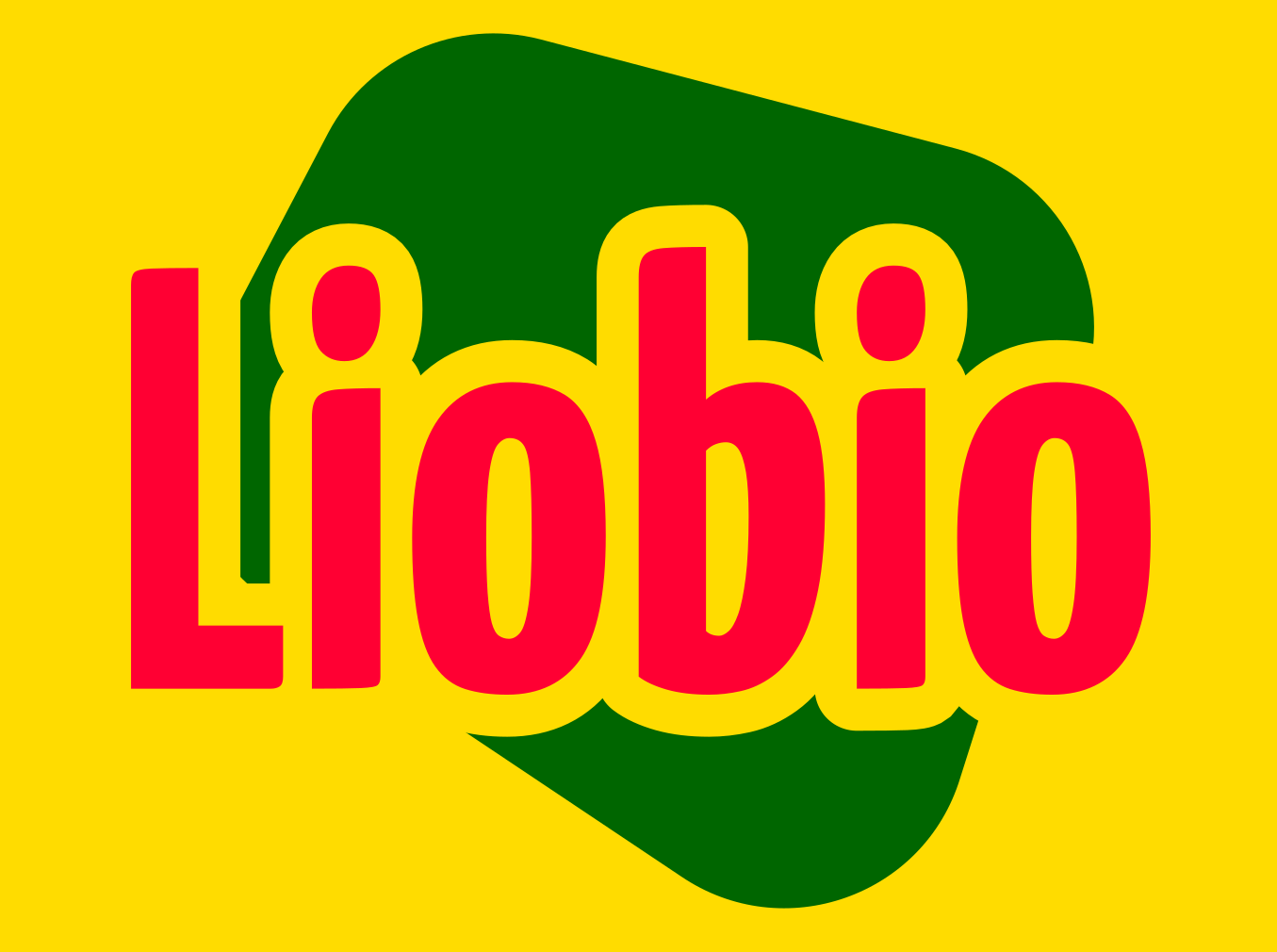In the realm of modern construction and architecture, sealants for insulated glass play a pivotal role in enhancing energy efficiency and ensuring the longevity of windows. These specialized sealants not only contribute to the structural integrity of insulated glass units (IGUs) but also significantly impact thermal performance and moisture resistance.
Understanding Sealants for Insulated Glass
What exactly are sealants for insulated glass? These are materials used to bond the glass panes in an IGU, creating a barrier that prevents air and moisture infiltration. Typically, these sealants are made from silicone, polyurethane, or polysulfide, each offering unique properties suited for different applications. The choice of sealant can affect the overall performance of the insulated glass, making it essential to select the right type based on specific environmental conditions.
Key Benefits of Using Sealants in Insulated Glass
- Energy Efficiency: Sealants help maintain the thermal performance of IGUs, reducing energy consumption for heating and cooling.
- Moisture Resistance: Properly applied sealants prevent moisture from entering the glass unit, which can lead to fogging and reduced visibility.
- Longevity: High-quality sealants extend the lifespan of insulated glass by protecting it from environmental stressors.
- Structural Integrity: Sealants provide essential support, ensuring that the glass panes remain securely bonded.
Choosing the Right Sealants for Insulated Glass
When selecting sealants for insulated glass, several factors must be considered. These include the climate of the installation site, the type of glass used, and the specific performance requirements of the building. For instance, in areas with extreme temperatures, a sealant with high flexibility and durability is crucial. Additionally, understanding the compatibility of the sealant with other materials used in the window assembly can prevent future issues.
Application Techniques for Optimal Performance
To ensure the effectiveness of sealants for insulated glass, proper application techniques are vital. The surfaces must be clean and dry before applying the sealant. Furthermore, following the manufacturer's guidelines regarding curing times and environmental conditions will enhance the sealant's performance. In many cases, consulting with professionals who specialize in the installation of IGUs can provide valuable insights and ensure that the sealants are applied correctly.
Conclusion
In conclusion, the importance of sealants for insulated glass cannot be overstated. They are essential for achieving energy efficiency, preventing moisture infiltration, and ensuring the longevity of windows. By understanding the various types of sealants available and their specific applications, builders and homeowners can make informed decisions that enhance the performance of their insulated glass units. For more information on high-quality sealants and other related products, visit Min Metal East.


